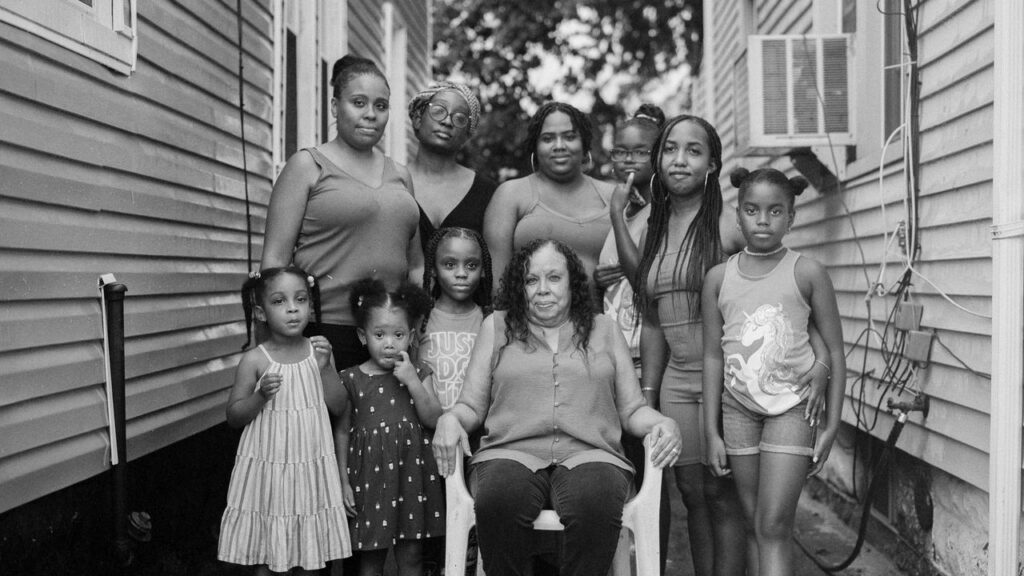Your work is, in your words, about the longing for ancestral remembrance. What aspects of Black women’s ancestral knowledge do you want to cherish?
If I were to pinpoint one aspect of Black women’s ancestral knowledge that I find most vital to cherish, it would be attuning to the somatic and listening to intuition — because we hold incredible intelligence in our bodies.
It’s a living experience passed down through feeling — through the heart, the ears, and the gut. It’s a deeply embodied wisdom that I see as a critical counterpoint to our increasingly digitised world.
TearLaila Annmarie Stevens
We hold great knowledge stored in the body’s very movements — the warmth of soul in planting and harvesting, the specific sway of the hips in dance, alone or with others. These are not performed gestures; they are histories, catharses, prayers, and maps of cultural continuity. The body is a powerful vessel for memory, alongside words, photographs, and sculptures.
There’s also the “gut feeling” — the intuitive discernment for truth in people and in making sound decisions. It’s a hyper-perceptive sense. To cherish this somatic knowledge is to honor a lineage of those who have felt the same. When I began to realise I was not the only one to experience my troubles, I came to see myself as one-of-many, not one-of-one. I view the reclamation of this bodily knowledge as a radical act of ancestral remembrance — and a guide toward a more embodied future, as long as I’m willing to reach that deeply.


